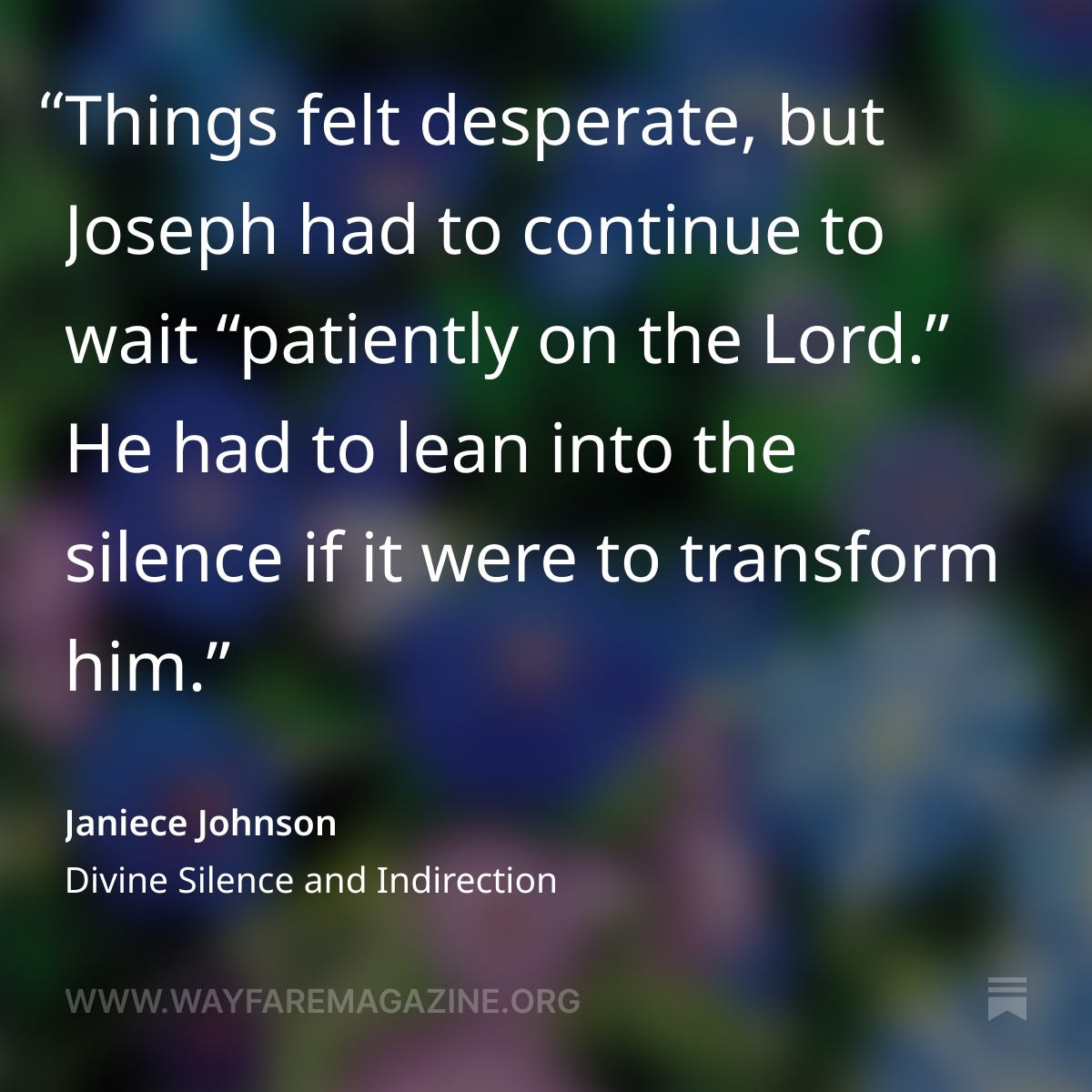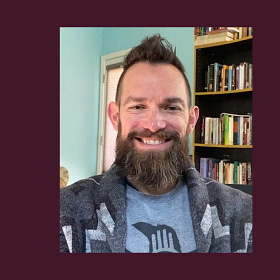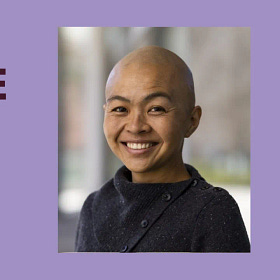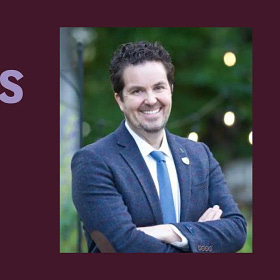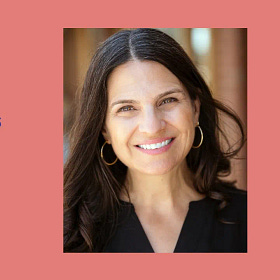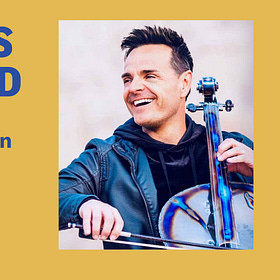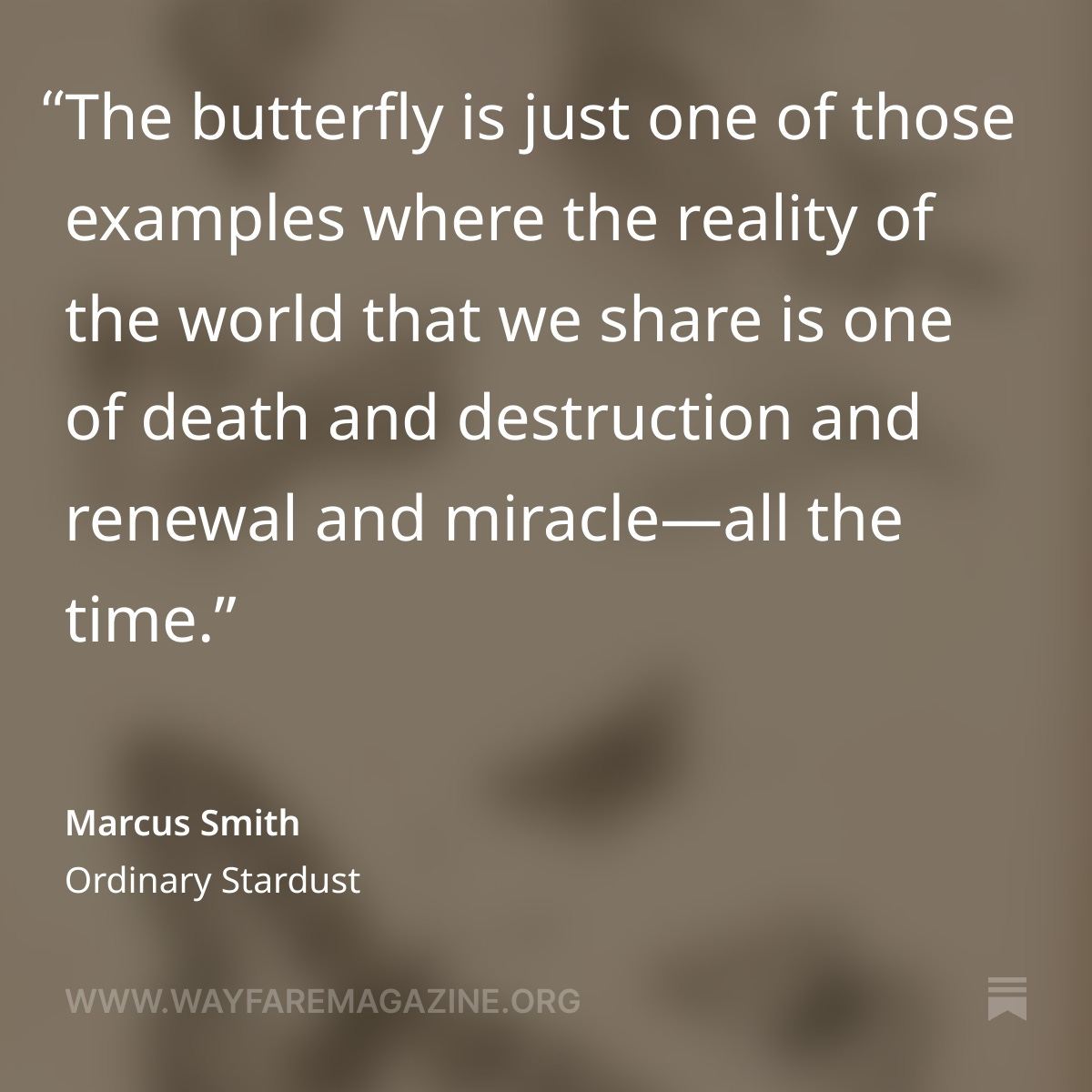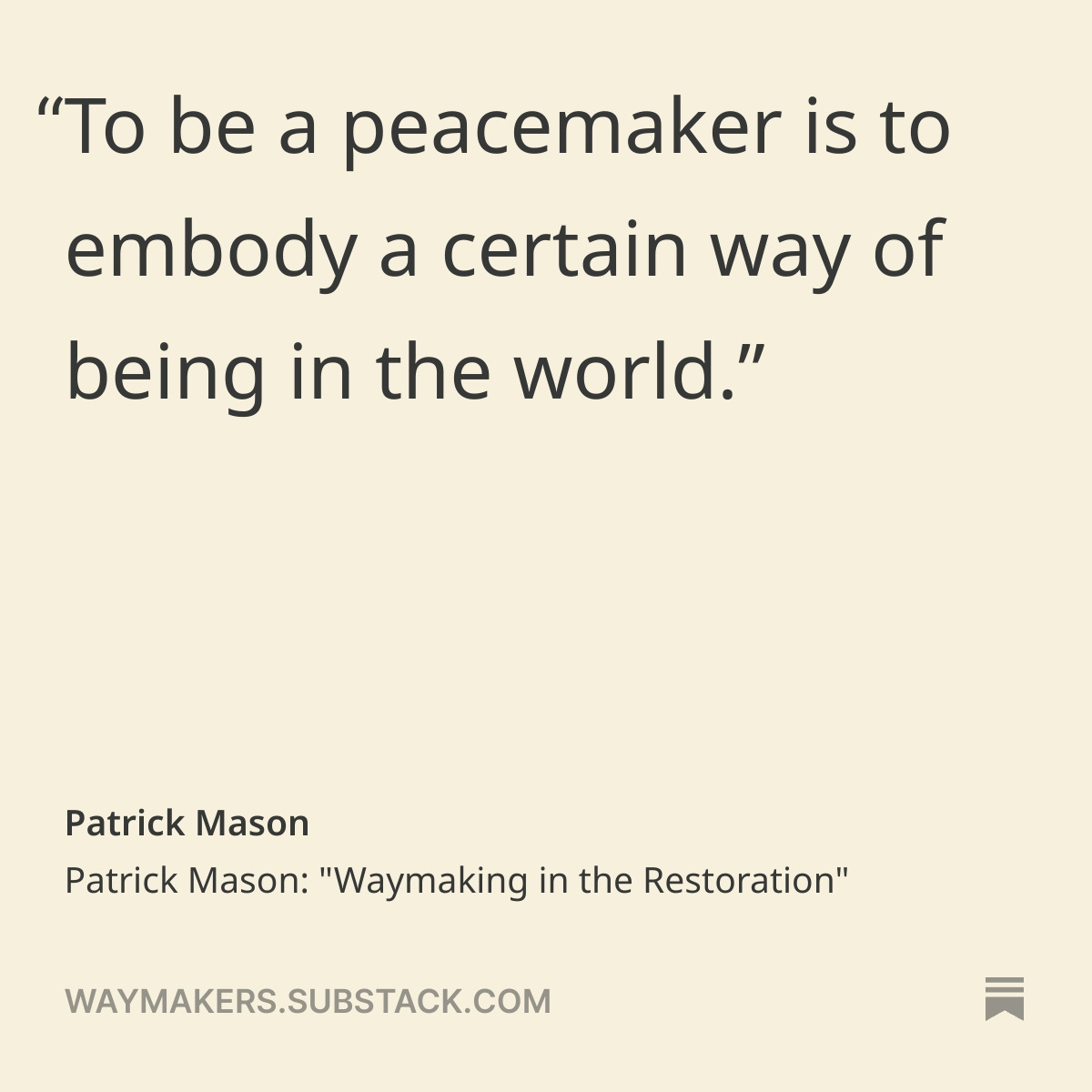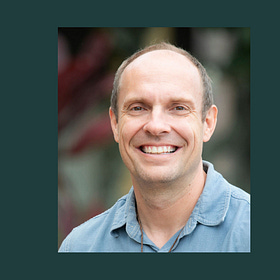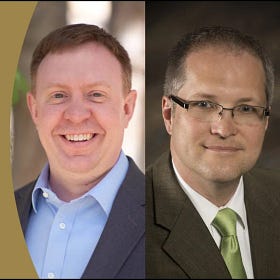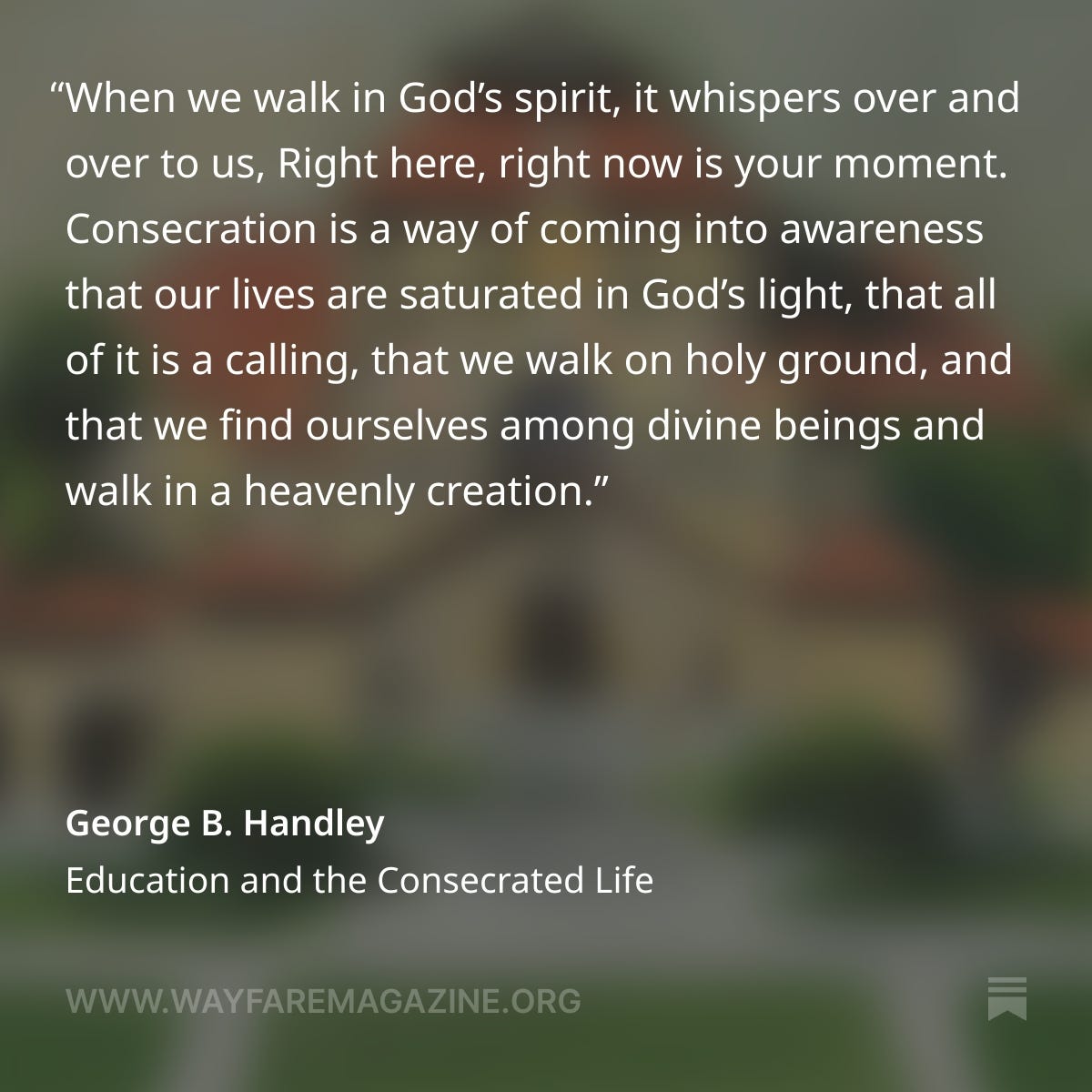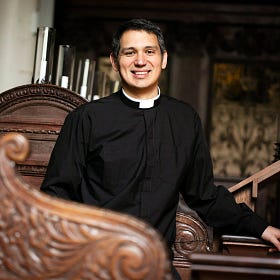How can trials ever work together for good?
Faith Matters resources to accompany your Come Follow Me study: September 8-14
In August 1833, before Joseph Smith began to hear of the tragedy of the Saints being expelled from Jackson County, Missouri, he received a revelation that possibly ignited his concern for the Saints there (section 97). Oliver Cowdery arrived in Kirtland three days later with some details about the horror the Saints were experiencing, details that would grow over time. Joseph worried. He was immersed in his own chaos in Kirtland and couldn’t process what happened to the Saints in the place that was to be the center place of Zion (57:3). He needed instruction from the Lord. In a letter to Church leaders in Missouri shortly thereafter, we see him crying out, “O Lord what more dost thou require at their hands before thou wilt come and save them?”
And the Lord was silent.
For four months.
My trials can work together for my good. Jesus Christ can turn my trials into blessings.
Mike Petrow: The Path of Descent
In one of the most powerful moments of this conversation, Mike describes a moment of profound loss—sitting at his mother’s bedside as she passed away—and then, just hours later, holding his newborn niece for the first time. These moments of symmetry revealed a truth that is at the heart of this entire conversation: that loss, and grief, and pain carve out a space in our hearts that can eventually be filled with love, joy and connection.
Melissa Inouye: Sacred Struggle
In this conversation with Melissa, we deal with struggle itself, but also with its second-order effects: how can struggle be alchemized into connectedness — into Zion — instead of driving us apart? Who gets to assign meaning to struggle? Is there a way to avoid pain in a community, or is it built into the experience?
Tyler Johnson: When Church is Hard
In our conversation with Tyler, we explored how doubt and uncertainty, rather than being a flaw or something to "fix," can be a natural part of faith that leads to deeper growth and integrity. We also explored the parallels between the existential questions his patients face and those that arise during faith crises —and how both might invite us to re-evaluate priorities in a way we couldn’t otherwise. And finally, we looked at what belonging looks like, on both sides, when someone is sitting in pain and perplexity.
Sharon Brous: The Amen Effect
In this episode, Rabbi Sharon Brous makes the case that when we sit with each other in “celebration, sorrow, and solidarity,” we are connecting in ways that not only forge deep and lasting relationships, but contribute to a larger healing in our communities and in the world.
Joseph Grenny: The Other Side Academy - "Zion with F-Bombs"
"The misery and the hardship we have in our lives, the specific hardships we have, are designed to create generalized abilities in us. And those generalized abilities are about the gathering of Israel. They're about serving others who suffer similar afflictions, not just the ones that aren't having the help that you were hoping that they would receive."
Jared Halverson: Don't Let a Good Faith Crisis Go To Waste
In this presentation, Jared shares his experiences as a scholar, teacher, mentor, and person of faith who’s been through — and helped others work through — faith crises and faith journeys of all types. And what we loved about it was he completely removes “fear” from the experience of faith crisis — for Jared, not only is faith crisis “ok,” it’s actually a sacred space that many people have even found necessary for their own continued progress on the path of faith. Tim and I really related to what Jared had to say here, especially because we consider our own faith crises gifts we wouldn’t give up for anything — and Jared honors the “crisis” part of it while pointing to something even more beautiful on the other side.
Steven Sharp Nelson: God Loves Your ADHD
Today we got to talk with Steve about ADHD—his diagnosis as a child, and the way he’s come to understand it not as a disorder, but a spiritual gift that has shaped his creativity, deepened his connection to God, and is helping him live into his divine purpose. Though ADHD began as a source of confusion and shame, he’s come to see it as one of the greatest blessings of his life.
I feel so at home in Jesus Christ’s gospel, not because he’s wiped my slate clean and made me this perfect, pristine daisy. No, I feel at home because he invites me to use my wounds to aid him in what he does best: heal others. When Jesus appeared to the Nephites in America it was his wounds that made the people shout “Hosanna!” Jesus Christ heals just as much through his wounds as he does through his perfection. He asks each of us to do the same. The vulnerability of others, when they bear their wounds to me, has made me feel welcome and whole.
—Louisa Packham, “To Hurt, Heal, and Celebrate it All”
Life can turn really messy and really small and seem utterly disastrous and seem to have no form or function or possibility of a bright future and then, unaccountably, it can still happen.
—Marcus Smith, “Ordinary Stardust”
The Lord wants me to seek peace in His way. Jesus Christ can bring me peace.
Peace is a refusal of violence—to the world, to our communities, to our families, and to ourselves. Peace brings a certain kind of clarity—of recognizing the power of God and the power within ourselves—to take necessary actions to change our point of view and take steps to build peace. Furthermore, peace is born where Christ’s transcendence and immanence meet. The promise and promises of Christ are transcendent, lifting us out of ourselves and breaking the paralysis of fear. But Christ’s promises are also immanent—reaching into us, witnessing the pain and heartaches of our lives. …
In our wildernesses, in our fields, in our daily commutes, at our workplaces, in our sacred spaces, in our dreams—Christ comes to us. He shakes us out of the well-worn grooves of our lives, shows us the offerings of peace in His hands, and invites us to follow Him in building peace. It is no small thing to believe that Christ descended below all things, that He walked with men and women on dusty roads in Galilee, that He allowed Himself to be mocked, tortured, crucified, killed, and that He transcended above death, pain, and sin by taking those griefs upon Himself. It is no small thing to allow His love to fill our hearts with peace and courage to take up His invitation to follow Him.
Receiving that love is the beginning of peace.
—Megan Armknecht, “His Gospel is Peace”
Chad Ford: 70x7
Our conversation with Chad moved from the personal to the global—from tensions in families and faith communities to the devastating conflicts we see on the world stage. And through all of it, Chad points back to Jesus as a radical model for how to live, engage, and help transform the world around us.
Chad reminds us that Jesus’s path is anything but passive. It doesn’t mean disengaging or avoiding hard conversations. It means choosing to engage with both courage and compassion. It means refusing to meet harm with more harm, and instead walking a path that invites healing, reconciliation, and transformation.
That kind of peace doesn’t come quickly—or easily—but it’s the kind of peace that can change lives and communities. Chad offers a vision of Christianity rooted in Jesus’ ministry of reconciliation—not in dominance or defensiveness, but in the slow, often difficult work of restoring wholeness.
He helped us see that the peace Jesus offers isn’t always the peace we want—but it’s the peace we need. And when the way forward feels impossible, he reminds us that part of discipleship is learning to make a way out of no way.
Thomas McConkie: How Personal Peace Fuels Global Change
In this episode, Patrick Mason, Jennifer Thomas, and their guest Thomas McConkie, explore how meaningful action doesn't come from this energy of frantic box-checking or a striving for perfection, but from a heart transformed by grace. Instead of trying to engineer a life of perfection to earn grace, grace comes first- it changes us from the inside—and the goodness that follows, flows naturally. As Thomas puts it, “It’s a sequencing problem.”
Reflecting on the story of Alma, they explore how prioritizing this spiritual inner work can help us align with love and find deep peace that can become both the fuel and the foundation of the meaningful work we do in the world.
Proclaim Peace: A Conversation with Patrick Mason and J. David Pulsipher
"Proclaim Peace" begins with the premise that even though we live in a world that is plagued by violence, that peace really is possible. For Patrick and David, the Gospel of Jesus Christ lays out a unique theology which can help us become peacemakers in our communities and society at large. Their book also addresses really important questions that many people have about scriptural violence, and helps show that active and lasting peace really is a divine goal.
The Lord takes care of people who serve Him.
Following God’s counsel helps keep me safe.
Elder Robert M. Daines eloquently articulates, “When prophets and apostles”—and I would also include God—“talk of covenants, they aren’t like coaches yelling out from (red velvet) bleachers, telling us to ‘try harder!’ They want us to see our covenants are fundamentally about relationships. . . . They are not rules to earn [God’s] love; He already loves you perfectly. . . . Covenants are the shape of God’s embrace.”
—Travis Hicks, “My Side-by-Side God”
The Savior helps me forgive.
Matthew Potts: Rethinking Forgiveness
In his new book, Forgiveness: An Alternative Account, Harvard minister Matthew Potts draws upon this event and others to explore the deep complexity and transformative power of forgiveness. As he shares in today’s conversation with Zach Davis, forgiveness is less about settling debts of harm and more about learning to move forward in new life, even if our wounds never fully heal.




